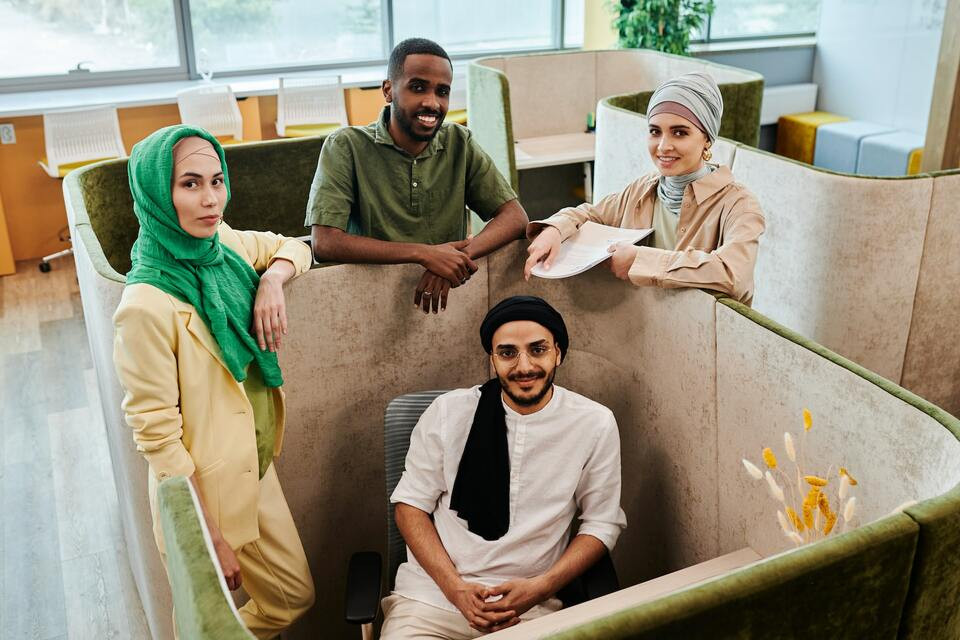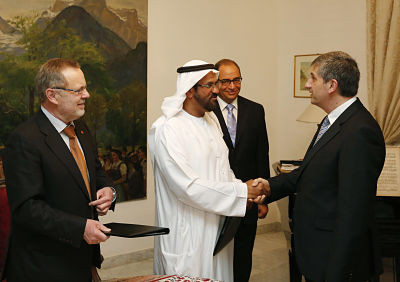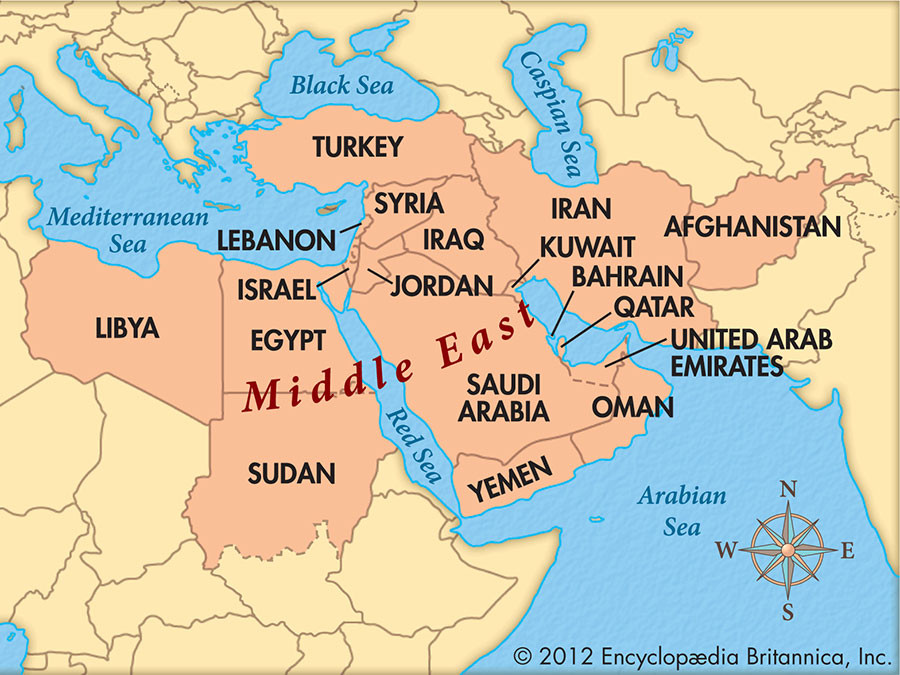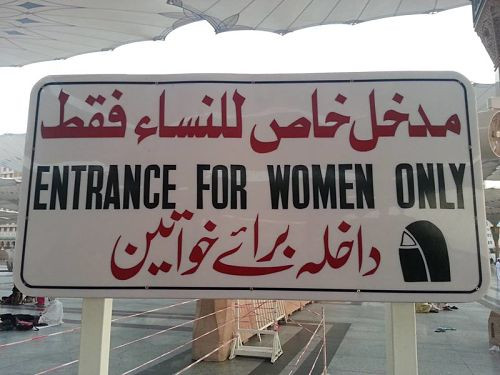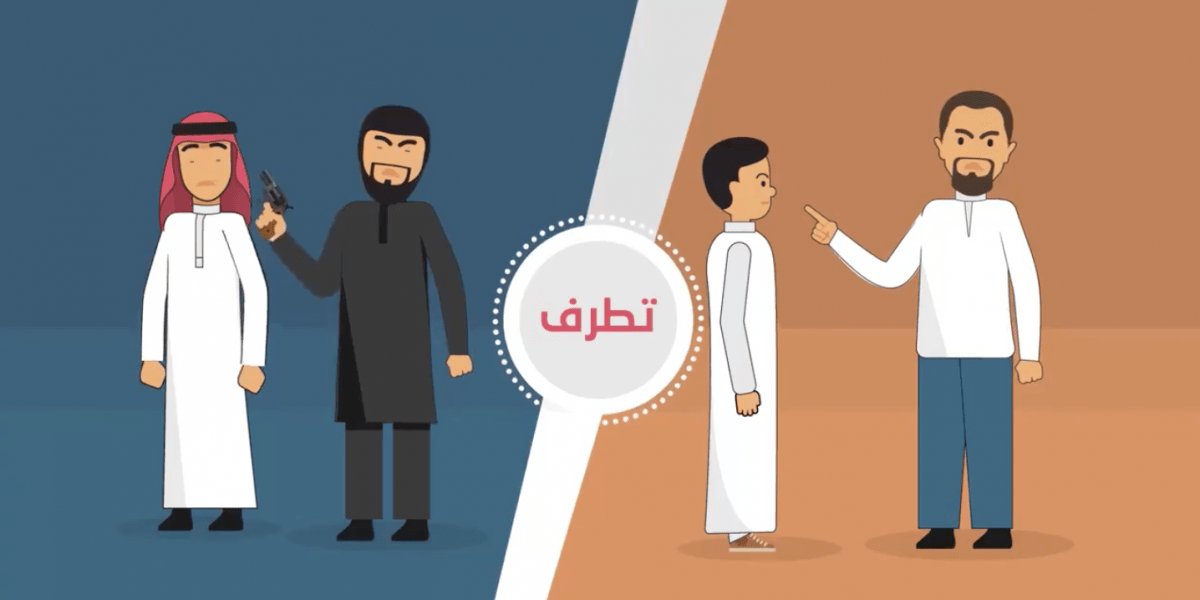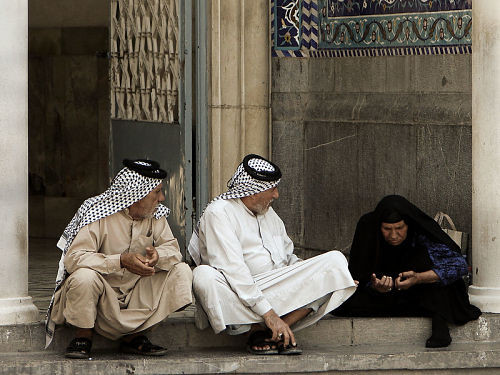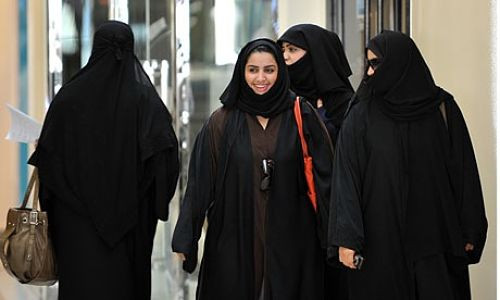If you are in a leadership, management, HR or DEI role and would like to understand Islamophobia and its potential impact on your Muslim employees, then this guide is for you.
Anti-Muslim bias, discrimination against Muslims and fear, hatred of, or prejudice towards Muslims - i.e. Islamophobia - is a social problem.

 +44 0330 027 0207 or +1 (818) 532-6908
+44 0330 027 0207 or +1 (818) 532-6908
